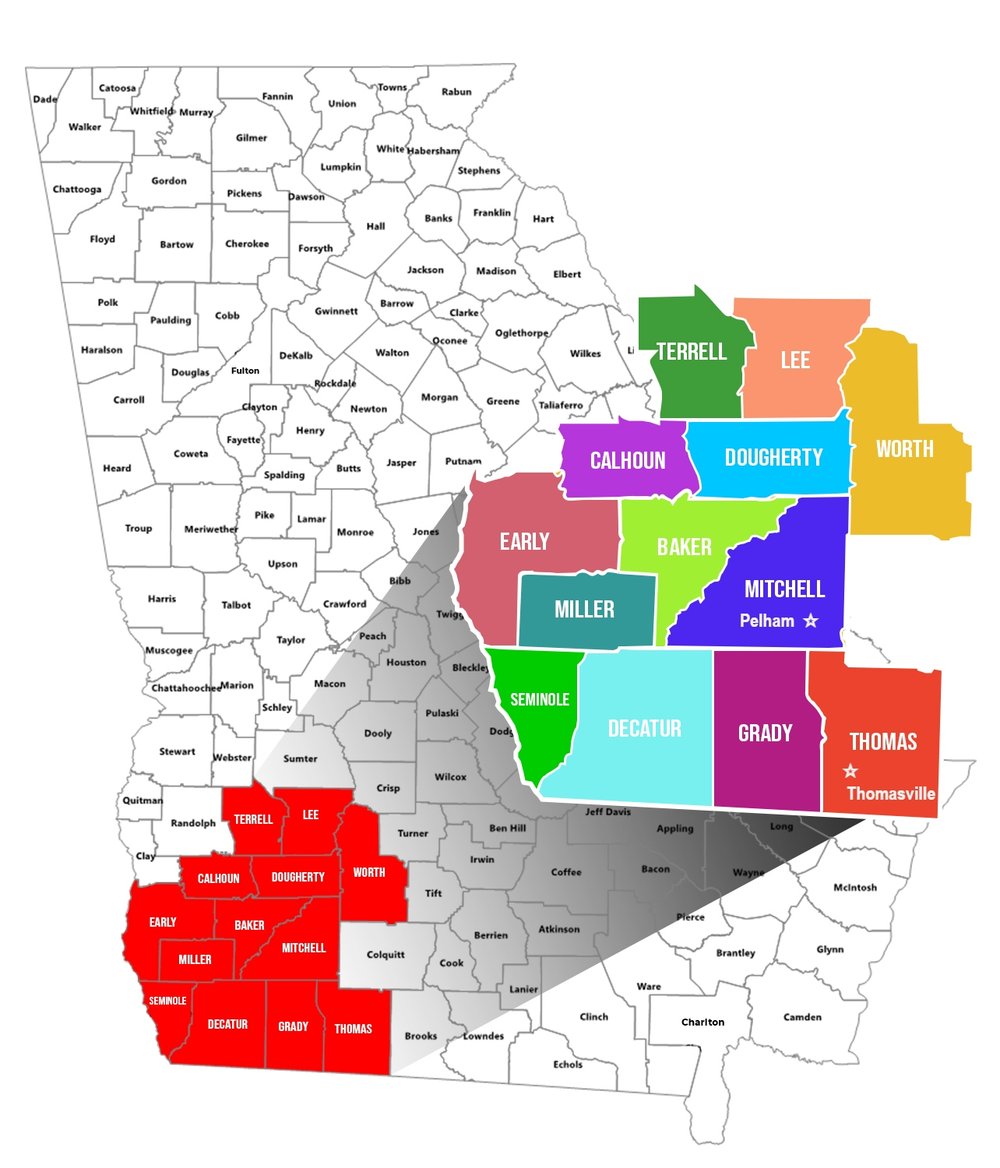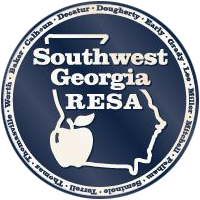Whole Child
Please, click on your system to view your Whole Child Assets!

Professional Learning Course Offerings
Community Action Poverty Simulation
The Community Action Poverty Simulation (CAPS) is a unique tool that community action agencies are able to use to educate everyone, from policy makers to local community leaders, about the day to day realities of life with a shortage of money and an abundance of stress. CAPS is a copyrighted tool made available by the Missouri Association for Community Action to organizations that want to promote a greater understanding of poverty.
During a simulation, participants role-play the lives of low-income families, from single parents trying to care for their children to senior citizens trying to maintain their self-sufficiency on Social Security. The task of each family is to provide food, shelter and other basic necessities during the simulation while interacting with various community resources staffed by low-income volunteers.
Although it uses "play" money and other props, fictional scenarios, and time limits, CAPS is not a game. It is a simulation tool that enables participants to view poverty from different angles in an experiential setting, while empowering low-income volunteers by allowing them an opportunity to interact with leaders from their community.
Who might participate in your poverty simulation? Local human service agency personnel; church staff, volunteers and clergy; school faculty and staff; college students; community leaders and volunteers; government officials and policymakers, employers; law enforcement officials and many others.
The experience lasts from two to two and a half hours. It includes an introduction and briefing, the actual simulation exercise, and a debriefing period at the end of the simulation, in which participants and volunteer staffers share their feelings and experiences and talk about what they have learned about the lives of people in poverty.
What is needed for a Poverty Simulation?
A large room (3,000 square feet)
Approximately 125-175 chairs and 13-15 tables (depending on your group size)
Approximately two (2) hours to set-up for the simulation
15-20 Resource Volunteers to be at the resource tables
40 – 88 participants (min. number recommend is no less than 40 participants/max. is 88)
REALL (Reality Enrichment And Life Lessons) Student Simulation
Targeted toward upper middle school or early high school students, the simulation lasts approximately three hours and is divided into interactive sessions which educate youth on the consequences of their choices.
Orientation: A facilitator explains the simulation rules and expectations. Participants are then given a few minutes to review their packet, containing their new identity.
Reactive Life: During this session, participants live the life of someone who made poor decisions during youth. All have dropped out of high school, some have legal histories, and many are seeking employment or have low paying jobs.
Proactive Life: Following the reactive life, youth experience adulthood based on positive choices made during adolescence. All graduated high school and continued their education in some way and are gainfully employed earning a living wage. Participants experience saving money, less stress and more.
During both reactive and proactive sessions, participants must meet adult level responsibilities, such as going to work, budgeting, paying bills and caring for children.
Debriefing: Participants divide into small groups and are led through a discussion comparing and contrasting their reactive and proactive life experiences. This is where they make the connection on how the decisions they make now affect their futures.
Donna Beegle Poverty Coaching Institute
A two day professional learning opportunity based on the works of Dr. Donna Beegle. Participants will be trained in how to break down barriers of poverty in their schools.
Learning objectives include:
Recognize the two main barriers to becoming educated in today’s society
Describe how and where most Americans get their knowledge of people living in poverty and how that affects our efforts to break barriers
Discuss how poverty impacts our world view, relationships, communications, and learning
Name and describe five lived experiences of poverty and how each impacts educational outcomes
Recognize two distinct styles of communicating and learning: Oral Culture and Print Culture
Explain the benefits of teaching Print Culture skill sets and the importance of honoring and including Oral-Culture communication and learning styles.
Describe the characteristics needed to mentor and foster educational success and give examples of implementing them in the classroom.
Youth Mental Health First Aid
Youth Mental Health First Aid is a one day (6-1/2 to seven hour) professional learning and is designed to teach adults how to help an adolescent (age 12 -18) who is experiencing a mental health or addiction’s challenge or is in crisis. Youth Mental Health First Aid is primarily designed for adults who regularly interact with young people. The course introduces common mental health challenges for youth, reviews typical adolescent development, and teaches a 5-step action plan for how to help young people in both crisis and non-crisis situations. Topics include anxiety, depression, substance use, disorders in which psychosis may occur, disruptive behavior disorders (including AD/HD), and eating disorders.
Restorative Practices and Restorative Justice
In today’s school environments, the need for innovative approaches for proactive strategies for behavior and discipline are needed. Educators are searching for evidence-based interventions that work to teach social and life skills and to prevent and reconcile inappropriate behavior. Southwest Georgia RESA offers training in Restorative Practices (RP). This training is provided by SW RESA staff members who have received endorsement from the International Institute for Restorative Practices (IIRP) from Bethlehem, Pennsylvania. The training can be brought to your school or district or provided on-site at SW RESA.
There are two days of training in the Introduction to Restorative Practices and Using Circles Effectively. This training can be offered to up to 30 participants. At the conclusion of the training, the participants will have the knowledge and skills to return to their schools or district and implement the use of Circles within the classroom environment with whole classes and small groups of students and with adults in staff meetings, in problem-solving situations, etc. They will also understand the restorative practices continuum and realize the many opportunities that they encounter throughout the day to utilize lower restorative practices such as affirmative statements, restorative questions, and impromptu restorative conversations.
The second training in Restorative Practices is Conferencing under Restorative Justice. This training is primarily provided to school and district leaders who want to expand their options in helping students understand the gravity of their inappropriate behavior and seek ways to remediate the conflict that has occurred. This training also occurs over two days. The training days may be consecutive or scheduled separately.
Kevin Strickland
School Climate Support Specialist
(229) 378-5362
Karen Hancock
School Climate Support Specialist
(229) 881-5358
Priscilla Yarbrough
